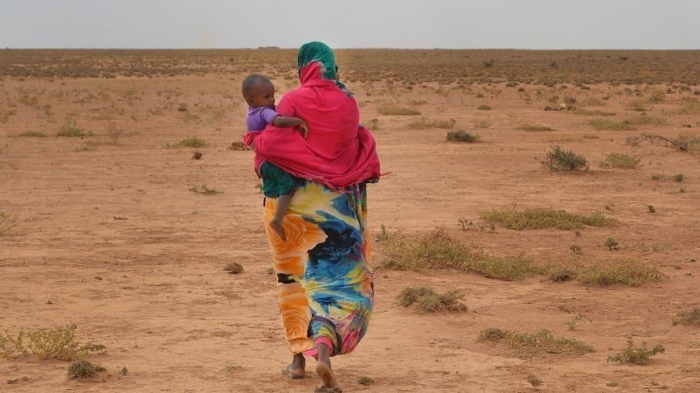The report released by WFP’s regional office in the Kenyan capital Nairobi warns that an estimated 13 million people across Ethiopia, Kenya, and Somalia are facing severe hunger in the first quarter of this year.
WFP said that in Ethiopia, an estimated 5.7 million people have been affected by severe drought and need food assistance. In Kenya, where the government declared the drought a national disaster in September last year, 2.8 million people require assistance.
The report warns that in Somalia, the number of those who need assistance will skyrocket from 3.5 to 4.6 million between February and May this year if humanitarian assistance is not received.
The drought which has been blamed on failed rainy seasons is said to have caused high livestock deaths due to lack of pasture and water shortages, forcing mass human migration and increased conflict amongst communities as they compete for resources.
Michael Dunford, the regional director in the WFP Regional Bureau for Eastern Africa, said "harvests are ruined, livestock are dying, and hunger is growing as recurrent droughts affect the Horn of Africa."
"The situation requires immediate humanitarian action and consistent support to build the resilience of communities for the future," he said.
According to WFP, the Horn of Africa is experiencing the driest conditions recorded since 1981.
The impacts of the drought and hunger situation include high cases of malnutrition, an increase in staple food prices, and low demand for agricultural labor.
WFP has launched its Regional Drought Response Plan for the Horn of Africa, calling for $327 million to respond to the immediate needs of 4.5 million people over the next six months and help communities become more resilient to extreme climate shocks.
More about: Africa
















































